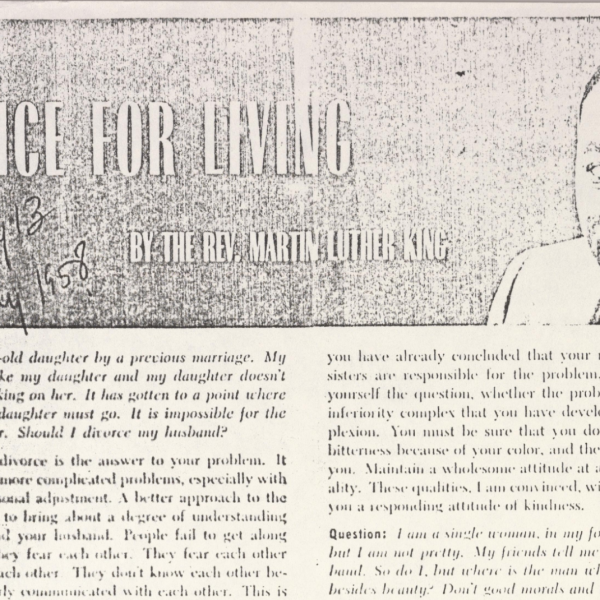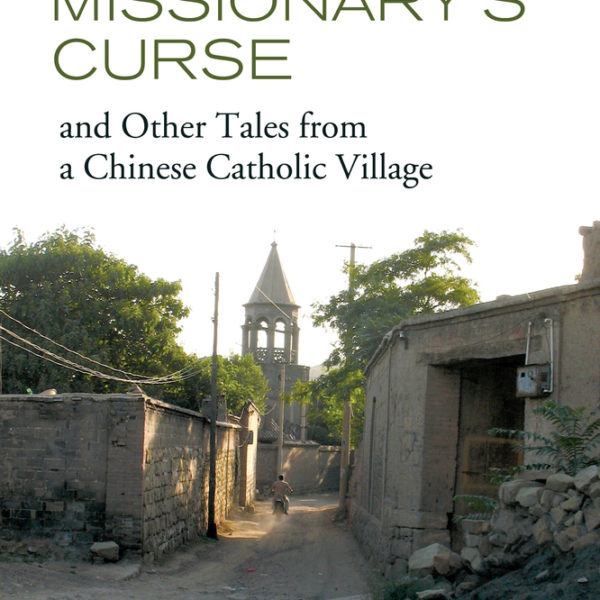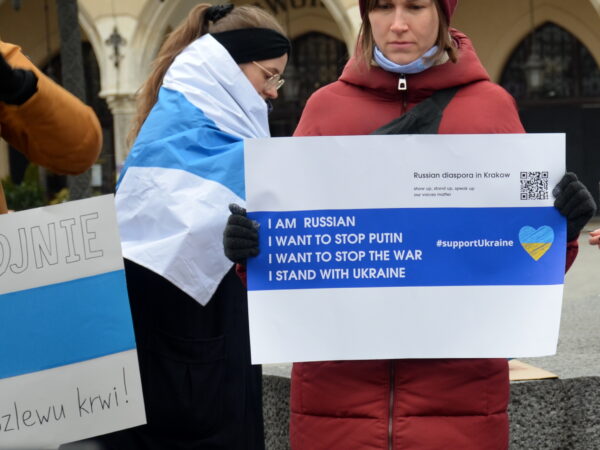
Paul J. Griffiths contends that the hands of every American taxpayer now drip with blood because the U.S. is supporting Ukraine’s war of self defense. American hands might be covered in the blood of innocents from Afghanistan to Somalia to Yemen, but there has been no transgression in Ukraine. In fact, from the perspective of Christian just war reasoning, it can be argued that the U.S. and Europe have not done enough.

Asian American literary criticism’s analysis of contemporary orientalisms centered around the figuration of Asian subjectivities reminds political theologians that unconscious (white) fear and fascination with the Orient still guides political and theoretical engagement with the Asian “other.”

The story of Mary, Joseph, and Jesus is nothing but the story of people fleeing the violence of an authoritarian empire, though the glitter and celebration of Christmas may have muffled the brutal reality of migrants and refuges seeking sanctuary from death. It is in the midst of such imagined Christmas that the veracity of homeless migrants dying in choppy waters and people stuck in border detention camps waiting for a new future gives us a reality check. The violent empires may have faded but their legacies linger on.
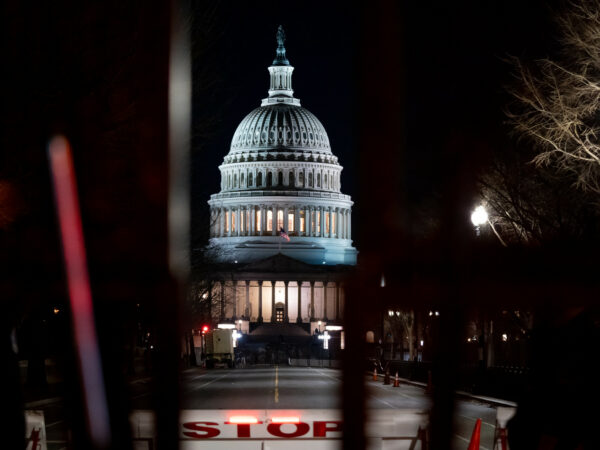
We are shocked. Morally outraged. How could a US president tout “law and order” to incite a blatant attack on “American democracy” and “the rule of law,” encouraging his supporters to storm the US capitol? Commentators decry such hypocrisy, stating the obvious contradiction between US constitutional law and violent coups. My contention in this essay is that no such contradiction exists.
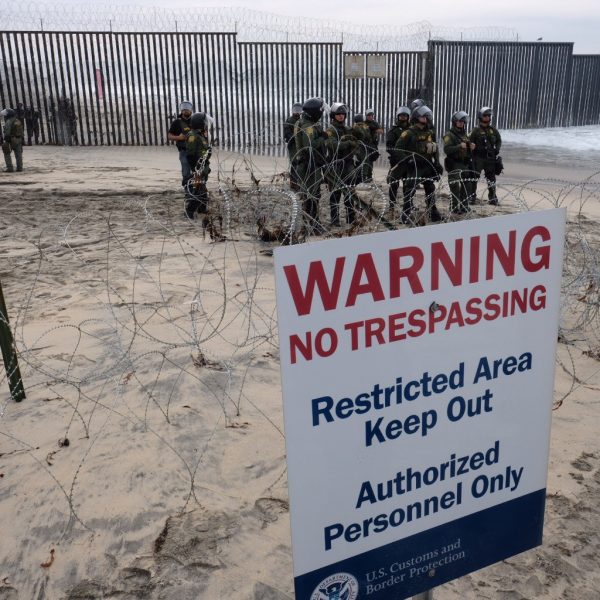
Borders signify the advancing presence of imperial desires and colonial fantasies of gradual yet total dispossession and disappearance of peoples of other nations that continue the founding settler colonial violence in the US.
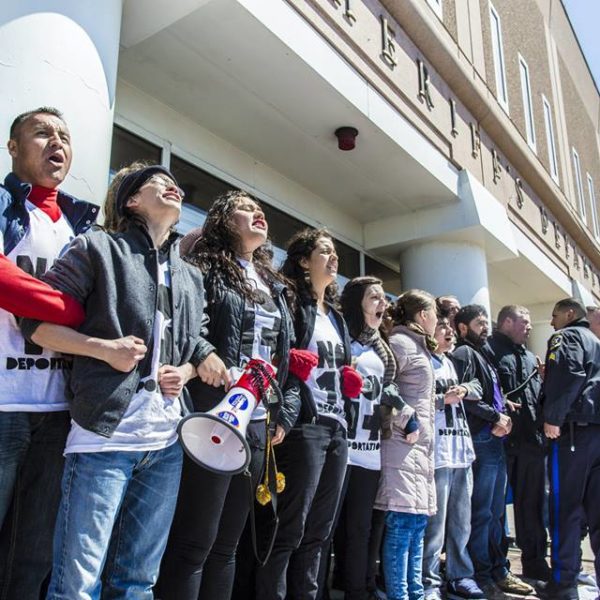
The telos of border imperialism as described by Walia and served by policies like the Priority Enforcement program is manifestly blasphemous on any number of levels. The most obvious, and the most commonly identified by theologians is that it denies the presence of Christ in the persons of exploited, oppressed, colonized, and working people.
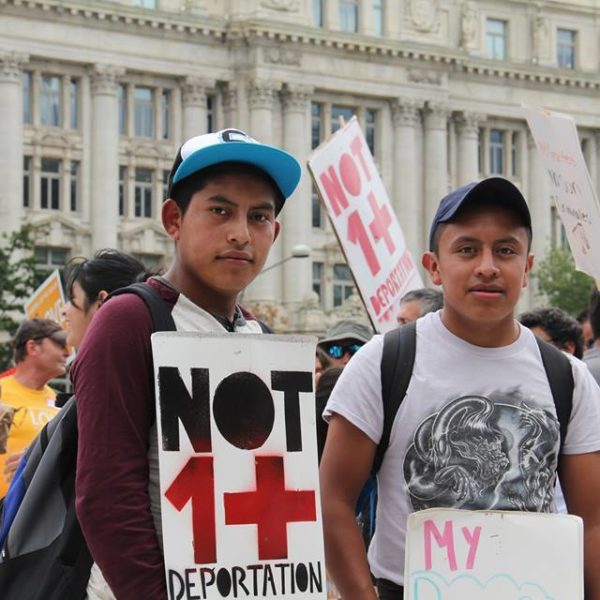
On 13 August, the main floor of the New Haven People’s Center was characteristically hot and unusually crowded for a late summer evening. About half a dozen lawyers, nonprofit workers, and labor union staff were there for a meeting of the Connecticut Immigrant Rights Alliance.
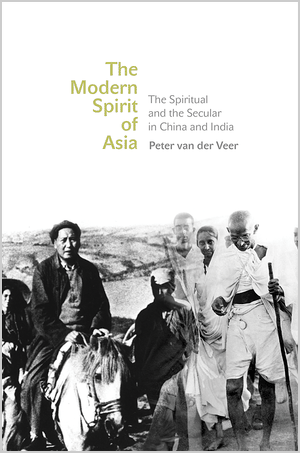
This is a book about India and China. It is about the ways in which these nation-forms, and the nationalist understandings of religion that have thereby developed, have been transformed by Western imperial modernity.
